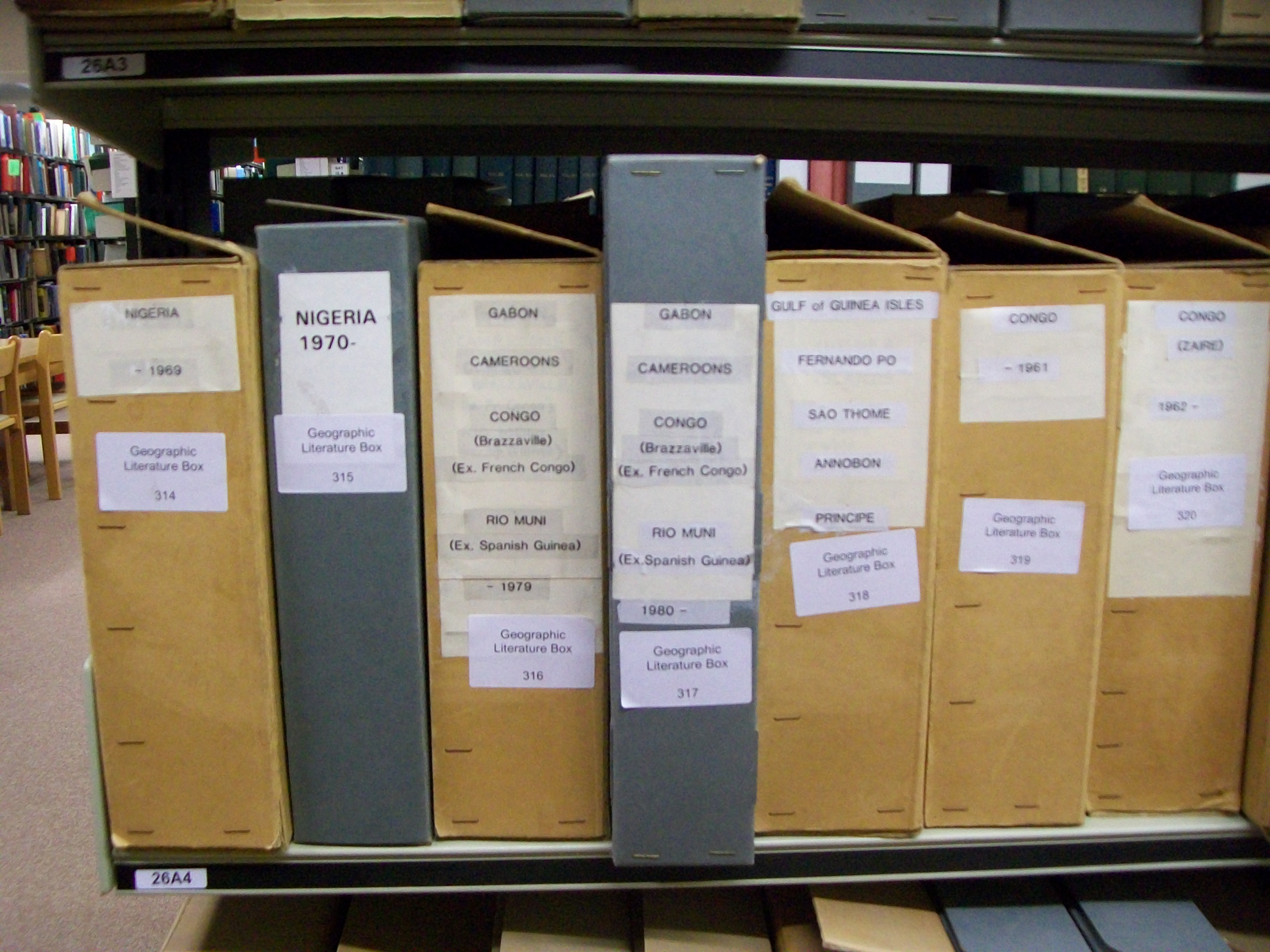As we are now approaching the final months of the Graduate Trainee year, I thought I’d write a quick post detailing what I’ve been up to throughout the last twelve months! Although my work has changed throughout the year, in this post I have tried to describe a “typical” day in my library; detailing both the routine activities I do virtually every day and giving a snapshot of the individual projects that have changed throughout the year.
Here it is:
9.00 – Arrive at work and prepare the library for opening at 9.30. This involves switching on the Desk and SOLO quick search computers, setting out the cash boxes ready for collecting fines, and opening some windows in the main reading room and computer room to let some air circulate. I will also normally do a spot check of the library; tidying up anything left from the previous evening and shelving any books left on tables.
9.10-9.30 – Once the library is ready to open, I then start Aleph (the University’s Library Management System) on both desk computers, and open my email inbox. Afterwards, I download the daily “Lapse List”, which contains a list of both the Bodleian and PTFL books that need to be returned to the Book Storage Facility in Swindon every day. I then find these books on their shelves by the main desk, process them, and place them in the box to be collected by the delivery van at lunch time. If my colleague has not already done so, I will also check the Book Returns Box to check whether any books have been returned to the library outside of opening hours, and then return them to the shelves.
9.30-11.00 – Now that the library is open, readers start to enter and I therefore start my everyday desk duties. As it is now close to exam time, several readers are entering the library returning or borrowing books, but there are also regular questions from readers both in person and on the telephone, and I advise them on a case-by-case basis. This week, for example, I have answered questions about the payment of fines, the use of the Bodleian wide printing system (PCAS), the location of resources both in the PTFL and in the wider Bodleian libraries, and had to chase up books for readers that had not been returned on time.
When readers are not at the desk, I also start to reply to any emails that come through either to my own inbox or to the generic library inbox. These can be from readers asking questions about resources, or from colleagues asking me to complete specific tasks. Additionally, I help to process any fines payments coming through from the online store and reserve places on information skills sessions run by the library.
11.00 – Tea Break!
11.10 – 13.00 – In addition to my regular desk duties and answering email enquiries, as the day goes on, I normally take the opportunity to work on one of my individual trainee projects when the desk is quiet. These have been varied throughout the year and have changed depending on the individual needs of the library. So far, I have written a blog post advertising the library’s collections to a wider audience, created a new PowerPoint presentation for the Library Information Screen, and taken part in a project to reclassify the remaining Theology classification to Library of Congress (more details to follow in my presentation for the Trainee showcase!).
13.00 – 14.00 – Lunch!
14.00 – 15.00 – Shortly after 2pm, the Bodleian delivery van usually comes to collect the outgoing Closed Stack Books and to drop off any books that have been ordered in the last 24 hours from the Book Storage Facility in Swindon. After they are delivered, I process any new books with colleagues and then place them on the reservation shelf at the Enquiry Desk. When they are processed, a reader gets an email informing them that their request has arrived, and they can then come to the desk to collect it. After processing the stack books, I normally continue on the desk, answering any further enquiries and shelving any returned books once I have any spare time.
15.00 – Tea Break!
15.10 – 16.45 – For the past few months, in the afternoons I have often been in the back library office as we are currently completing a weeding project. As we are trying to make space in the library for new acquisitions, I have been selecting low use books from the open shelves and processing them ready for ingest into the Book Storage Facility. I therefore need to replace the barcode on these books and update their catalogue record to reflect their new location. Once they have been processed, these books are placed in a special ingest box and collected by the Bodleian delivery van the following day.
16.45 – 17.15 – If it is not term-time, in the last half an hour of the day I help other colleagues to prepare the library for closing at 5pm. This process is basically the reverse of the opening procedure, but we always make sure that we check all areas of the library for any stray readers before we close the building! As it is currently term-time, I normally hand over to the evening staff at this time at the moment, unless I am on an evening shift myself of course. The library then closes at 7pm.








 Hello! I’m Jess, and I am the trainee at the English Faculty Library. I have just graduated from Liverpool John Moores University, where I studied English.
Hello! I’m Jess, and I am the trainee at the English Faculty Library. I have just graduated from Liverpool John Moores University, where I studied English.
Recent Comments